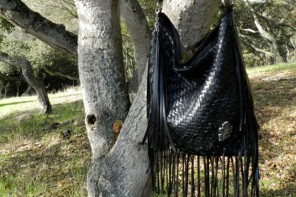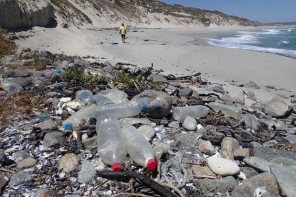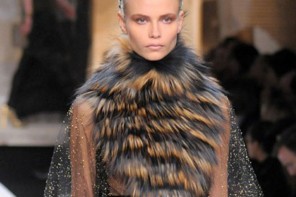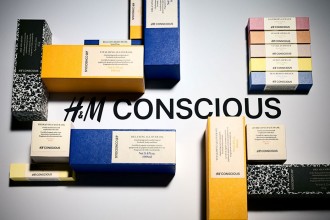Monsoon, Vivienne Westwood and EDUN are amongst a group of fashion labels headed by Jaeger/Aquascutum/Brit Fashion Council chairman Harold Tillman, lobbying to create tax breaks for ethical fashion companies.
“Sustainability within the fashion industry, the second largest employer in the UK, needs to be more than just personal choice, it needs to make sense for businesses and consumers. We are calling on all parties to recognise the impact that tax breaks could make on one of the UK’s most exciting and innovative industries by supporting those who are working in a sustainable way and making it attractive to all businesses to be more ethical.”
The British Fashion Council chairman and head of Jaeger London added that if UK residents could receive tax breaks on things like energy efficient cars, it only made sense for the same to apply to the country´s fastest growing ethical industry and I couldn´t agree more. Below is an adapted post from UK fashion blogger, Lottie Ntim, expressing her views on this campaign.
It´s really quite simple: Receiving a tax break would reduce how much ethical labels spend on producing their clothes which would result in less costs for them which should result in a lower retail price. Though a large number of people maintain that they would be willing to spend more on clothes that are ethically produced, this should lower prices enough to prevent others from running to Primark (the UK equivalent of Mr Price on local shores) for a bargain on high street fashions. Such legislation would also encourage an increasing number of fashion retailers to adopt more sustainable practices in their production. Ironically, however, this is also where the problem begins.
Granted, the campaign is a necessary one, but even more so should be the accompanying criteria of what makes clothing “ethical“. Is it produced with the least required amount of resources such as recycled/restructured vintage clothing or using the absolute minimum requirement for water and electricity? Or is it ethical simply because 8% of what forms its buttons come from sustainably sourced bamboo? The problem extends with a widened definition of ethical: Even if the materials and the production techniques can be seen as sustainable, what do you know of the people that made that clothing and the wage they received for it?
Part of the reason why energy efficient cars and the like have been able to swim through to the front of the line when it comes to such legislation is because their engineering and functioning is precise enough to cut through the greenwashed BS too often seen in the clothing industry. Even if ethical fashion businesses are to receive tax breaks, the structure of the industry is such that different tiers would have to be put in place to ensure the system is truly fair, otherwise an ever-increasing number of “ethical” companies is sure to erode the purpose of the campaign in the first place: To lower prices for consumers, making ethical clothing more competitive among other, less-ethical choices.
The British Fashion Council needs to clearly define its criteria for what is ´ethical´ by either setting a strict description or implementing a more fluid system involving increasing tax rebates for the increasingly ethical (whatever that is deemed to be). Beyond this, consumers who claim to be advocates of ethical fashion need to truly educate themselves on what it means to be sustainable, as such creating their own personal criteria for which clothes they will purchase, for how much and why.
At the end of the day, the road to ethical clothing becoming mainstream still seems like a long, challenging one…
What do you think? Is making tax rebates for the clothing industry a sustainable solution to the problem or is it more complicated than that? Let us know and comment below…
Nics
x









